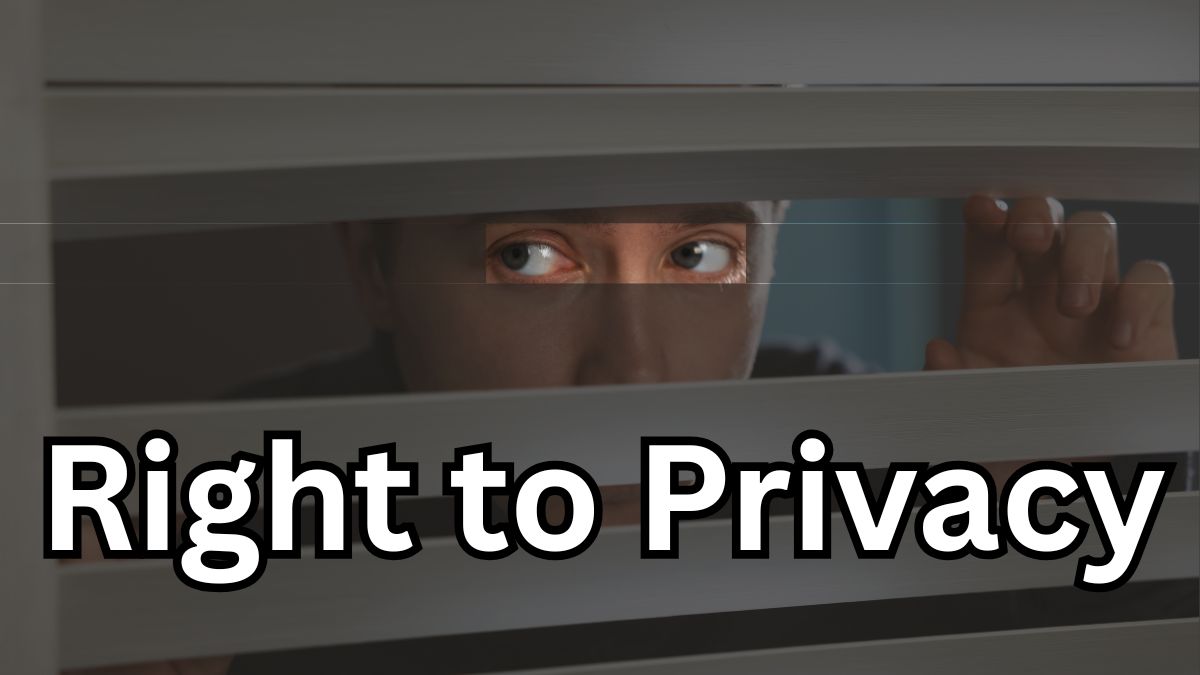Florida's Hidden Constitutional Armor: The Privacy Right That Goes Beyond Miranda
Understanding Article I, Section 23 and How It Provides Greater Protection Than Federal Law
Published on by Attorney Jeff Lotter

Most Floridians don't realize they carry a constitutional shield that residents of other states simply don't have. While everyone knows about Miranda rights from countless TV shows, there's a more powerful protection embedded in our state constitution that even many attorneys overlook: Article I, Section 23 - the explicit right to privacy.
This isn't just legal trivia. In my years trying cases across Central Florida courtrooms, I've seen this provision transform seemingly hopeless cases into dismissals and acquittals. The difference between federal protections and Florida's enhanced privacy rights can mean the difference between conviction and walking free.
The Constitutional Advantage Most Don't Know They Have
The Fourth Amendment to the U.S. Constitution protects against "unreasonable searches and seizures," but it never explicitly mentions privacy. Florida's founders weren't satisfied with implications and interpretations. In 1980, they added twenty-three words that fundamentally changed the legal landscape:
"Every natural person has the right to be let alone and free from governmental intrusion into the person's private life except as otherwise provided herein."
This isn't just prettier language for the same protection. Florida courts have consistently held that Article I, Section 23 provides greater protection than the Fourth Amendment. Where federal law might permit intrusion, Florida law often does not.
Beyond the Traffic Stop: Where Privacy Rights Matter Most
Digital Devices and Data
While federal courts debate the limits of digital privacy, Florida's constitution is unambiguous. Your smartphone, laptop, and digital life receive enhanced protection here. Law enforcement tactics that might pass federal constitutional muster can violate Florida's privacy guarantee.
Consider this: In many states, officers might argue that certain digital searches fall within federal exceptions. In Florida, I've successfully argued that our state constitution's explicit privacy right blocks these same searches, even when federal law might allow them.
Home Surveillance and Recording
Florida's two-party consent law for recordings isn't just statutory—it's rooted in our constitutional privacy right. When law enforcement uses informants with recording devices, or deploys surveillance technology around your home, they face a higher burden in Florida than in most other states.
Financial and Medical Records
The explicit privacy right extends to your financial transactions and medical records in ways that continue to evolve through case law. Subpoenas and warrants that might be routine elsewhere face additional scrutiny under Florida's privacy provision.
The Strategic Intersection: When Privacy Meets Miranda
Here's where sophisticated legal strategy comes into play. While Miranda protects your right against self-incrimination during custodial interrogation, Florida's privacy right can invalidate the entire investigation that led to that interrogation.
I've seen cases where:
- The Miranda warnings were properly given
- The confession was technically voluntary
- But the evidence that justified the arrest violated Florida's privacy protection
In these situations, the entire house of cards collapses—not just the statement, but often the case itself.
The Power of Knowing Your Enhanced Rights
Understanding these dual protections isn't just academic. When law enforcement pushes boundaries, knowing that Florida provides extra constitutional armor changes the entire dynamic of your defense. It's the difference between arguing about federal precedent and invoking explicit state constitutional text.
For example, when officers claim they could smell marijuana from outside a vehicle or dwelling, federal law might support their actions. But Florida's privacy right has led to different outcomes, particularly when combined with recent changes in hemp and medical marijuana laws. If you're facing drug offense charges, understanding these enhanced protections is crucial.
Why Experience in Both Worlds Matters
Having worked within the system and now defending clients against it, I understand both the investigative techniques law enforcement employs and the constitutional limits that constrain them. This dual perspective reveals opportunities that others might miss—especially when Florida's enhanced privacy rights come into play.
Prosecutors know when they're facing an attorney who truly understands Article I, Section 23. It changes plea negotiations, pretrial motions, and trial strategy. More importantly, it often changes outcomes.
The Bottom Line: Your Rights Are Stronger Than You Think
If you're facing criminal charges in Florida, you're not just protected by the rights you've heard about on TV. You have an additional layer of constitutional armor that exists nowhere in federal law—an explicit, unambiguous right to be let alone.
Critical Point:
These rights only protect you if they're properly invoked. Missing the opportunity to raise Florida's privacy protection at the right moment can mean losing it forever.
Related Resources
Practice Areas Where Privacy Rights Matter
- Drug Crimes Defense - Where privacy rights often determine the outcome
- DUI Defense - Challenging unlawful stops and searches
Protect Your Constitutional Advantage
Every day, Floridians unknowingly waive rights that could protect them. Don't let enhanced constitutional protections go unused in your case. If you're under investigation or facing charges, understanding the full scope of your rights—both federal and state—is essential.
Legal Disclaimer:
This article is for educational purposes only and does not constitute legal advice. Every case involves unique facts that require individual analysis. Consult with an attorney about your specific situation.
Attorney Jeff Lotter is a Board Certified Criminal Trial Lawyer with extensive trial experience in both state and federal courts throughout Central Florida.